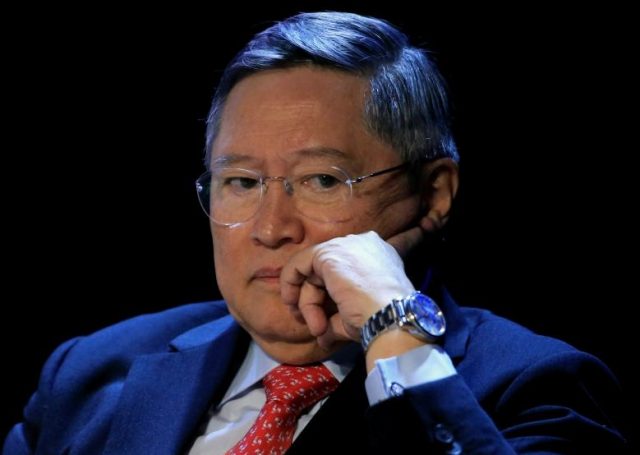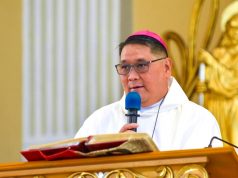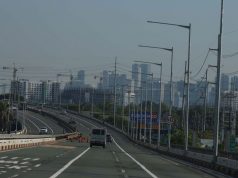
MANILA – Concerns over the government’s “Build Build Build” program were played down by Finance Secretary Carlos Dominguez, who said the public shouldn’t be made to wait for needed infrastructure.
He defended the government’s preference for hybrid PPPs, and its policy to borrow more – besides the financing anchor, the tax reform program – for this massive infrastructure blueprint.
“Our goal is not so much to reduce the debt but to speed up the projects so that people can benefit right away; and our experience is that – or the experience of the past administrations is that – the PPP projects take almost three years to start. We don’t want to wait for the public to benefit from the new projects, so we are willing to take the initial steps and spend the funds available to the government both through loans as well as through tax collections,” Dominguez said.
The government’s hybrid formula of implementing projects and then bidding out Operations and Management (O&M) contracts was criticized on Monday by businessman Ramon Ang.
The San Miguel president said the country’s finances could suffer and added that projects could be prone to corruption.
Dominguez, however, said the country’s investment grade rating would make any debt cheaper. He also claimed the Duterte government had a lot of room to borrow, as previous administrations were conservative.
As pointed out by Dominguez, “Our current debt to GDP ratio has gone down very significantly to 41% of GDP, so we have a lot of headroom to do so. Interest rates are relatively low. And we can borrow at lower costs than the private sector.”
He elaborated: “So by borrowing at lower cost, we can actually benefit the public. . . At any point in the project – that will not stop us from selling the project and going into a PPP as long as it has been started already.”
Careful with those loans – Win
Meanwhile, the Senate economic affairs committee chairman counseled the government to carefully review prospective loan terms.
Senator Sherwin Gatchalian said foreign lenders normally dictate the choice of contractors or suppliers, something he said the government should avoid, given previous issues.
“This is a revelation to me, [that we are getting into many] financing modalities [but are not carefully vetting] suppliers and contractors entering the country,” Gatchalian said, speaking partly in Filipino.
The mechanism now, he said, is that “we are talking to the one providing the financing, but attached to that is a contractor we don’t know,” added Gatchalian. “A lot of these contractors, as pointed out earlier, [have] cases, [have problems with some] agencies, so our government should be diligent in reviewing and selecting the contractors.”
Dominguez said the government was looking for the best possible deals and also wanted to limit foreign borrowing to 20 percent of the total mix.
“Our preference is what is a lower cost and what is a longer term, so those are the first two items of preference. We will measure that against the other conditionalities of the loans available,” the DOF chief added.
Spending aggressively just to get projects off the ground was the right approach, he insisted.
He claimed the previous administration’s unwillingness to spend accounted for why the public opted for change in the 2016 elections.








